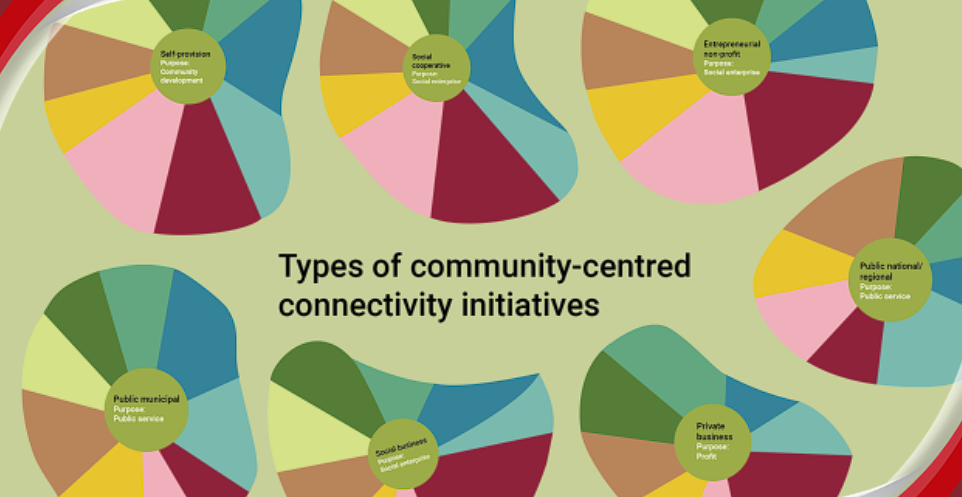Articles
New training project empowers small-scale livestock farmers and helps develop communities
-
3 months ago
A training and skills development project for small-scale livestock farmers recently launched by the University of Pretoria’s (UP) Faculty of Veterinary Science is helping farmers, contributing towards food security, economic growth and biosecurity, and putting the implementation of the national Agriculture and Agro-Processing Master Plan into action.
The new three-year project, launched in May 2024, provides training to previously disadvantaged small-scale livestock farmers in the communities surrounding mining operations in the Tswaing and JB Marks Local Municipalities (in the North West) and Fetakgomo Tubatse Local Municipality (in Limpopo).
The project forms part of the ongoing primary animal health care training programme, which has been running since 2011. “South Africa has a dual agricultural economy, with an established commercial farming industry and an emerging small-scale farmer sector,” said Dr Rebone Moerane of the Department of Production Animal Studies at UP’s Faculty of Veterinary Science.
“Most of the small-scale farmers are based on communal lands under tribal authority, and a few are part of the land reform programme – either land restitution or redistribution. As owners of a significant number of livestock including cattle, sheep and goats, they play an important role in contributing to food security, employment and poverty alleviation.”
However, Dr Moerane said, small-scale livestock farmers experience various challenges, including lack of resources, poor infrastructure and, especially, poor knowledge of and skills in the best farming practices related to animal health and production, which often becomes a major hindrance to successful and profitable livestock production.
“Most of these farmers encounter various animal diseases and mortalities, with very low calving/ lambing percentages within their flocks/ herds as compared to the commercial sector, which poses a serious biosecurity risk to the national herd/flock in South Africa.”
Dr Moerane and a team of UP colleagues decided to help by creating a project that focuses on:
• Empowering 1 200 small-scale farmers to be able to identify animal diseases earlier and to action various basic treatment and prevention protocols in collaboration with a local veterinarian or veterinary para-professionals. The farmers would then be able to prevent and reduce mortality among their herds and participate in the national animal disease surveillance and biosecurity plans;
• Assisting the trained farmers with production and seasonal plans to improve their production and outputs accordingly, with the aim of empowering them to participate in the red meat value chain, the national Agriculture and Agro-Processing Master Plan, and ultimately improve household income and the local economy;
• Creating job opportunities (Animal Health Technician, Agricultural Scientist or Agricultural Economist) through an internship programme for five qualified and unemployed youth, and the appointment of ‘community animal health workers’ through an intensive screening process; and
• Recruitment of four postgraduate candidates(one PhD and three master’s) to collect data and analyse impact and outputs from local communities and the small-scale farmers being trained.
Developing a project to help The project started taking shape in early 2024, when the University, through its Department of Institutional Advancement, the Department of Production Animal Studies, and Enterprises UP, partnered with a funder, Boleng Trust. Through this partnership, a team led by Dr Moerane and Dr Alfred Kgasi of the Department of Production Animal Studies, with Dr Dietana Nemudzivhadi as the Project Manager, collaborated with Afrivet Business Management (the intellectual property owner of the training material), local tribal authorities, officials from the provincial agriculture departments, private veterinarians, and other stakeholders to launch the training project in May.
There has been positive feedback, with most of the participants already implementing the knowledge and skills gained during the training sessions. Among the feedback, one participant said, “I am now empowered to measure the weight of my animal, which helps me with appropriate dosages of over-the-counter products and estimating the possible value of my animal before even loading and transporting it to the local auction.”
The project has also indirectly contributed towards empowerment of local small, medium and micro enterprises involved in the training value chain, such as renting of equipment and facilities and the appointment of catering businesses. “We are excited and proud of our intervention measures, and it is through such activities that the university is expanding its community engagement activities and contributing towards attaining the UN’s Sustainable Development Goals,” Dr Kgasi said.
“Our hope is that through such partnerships, and more funding opportunities, we can expand our project to other areas of South Africa.” Frans Neveling, Senior Project Manager at the Assore Group and Boleng Trust Representative, applauded the professionalism and dedication of the facilitators involved.
“The trainers, led by Drs Moerane, Kgasi and Nemudzivhadi, hold a deep passion for farming that resonates with the participants. Their love for agriculture is evident in the practical, hands-on knowledge they impart.
The facilitators have gone beyondmerely teaching – they’ve immersed themselves in the challenges faced by the farmers, tailoring the training to be directly applicable to their daily operations.”
Neveling said the practicality of the knowledge shared is one of the project’s strongest points, with the facilitators focusing on actionable insights that farmers can immediately implement, such as disease prevention techniques, proper livestock handling, and effective use of veterinary tools.
This approach has empowered farmers to make meaningful changes on their farms, driving both economic and community development. One of the most promising unintended outcomes has been the formation of regional farmer groups. These groups are not only enhancing the skills and knowledge of established farmers but are also becoming crucial support networks for young, upcoming farmers. “In these communities, the exchange of agricultural knowledge and skills is sorely needed,” Neveling said.
“The knowledge, skills and values imparted by the project have catalysed a movement towards greater collaboration among small-scale farmers. By coming together, these farmers are now sharing best practices, offering guidance on disease prevention, and even pooling resources for more efficient farming methods.
“These developments underscore the importance of continued investment in community-focused initiatives. As we move forward, it is essential to nurture these emerging networks and ensure that they remain a vital part of South Africa’s agricultural landscape.
Through collaboration and shared learning, small-scale farmers are not just participants in this project – they are becoming leaders in the transformation of their communities.”
Related Articles Posts
Categories
Popular Post
-
 SA’s IT spend to outpace GDP growth 1 year ago
SA’s IT spend to outpace GDP growth 1 year ago -
 Vodacom, Netstar launch free in-taxi Wi-... 1 year ago
Vodacom, Netstar launch free in-taxi Wi-... 1 year ago -
 South Africa under pressure to fill cybe... 1 year ago
South Africa under pressure to fill cybe... 1 year ago -
 Organisations with a strong employee val... 1 year ago
Organisations with a strong employee val... 1 year ago -
 Joint policy-in-action event highlights... 1 year ago
Joint policy-in-action event highlights... 1 year ago -
 Boost your digital transformation journe... 1 year ago
Boost your digital transformation journe... 1 year ago








